The EV and Hybrid Promise: What Your Honda High-Voltage Battery Warranty Really Covers
Understanding Your Honda's High-Voltage Battery – The Powerhouse
Before we delve into the warranty specifics, let's briefly understand the component we're discussing. The high-voltage battery in your Honda EV or hybrid isn't your traditional 12-volt car battery that simply starts the engine. This is the sophisticated, high-capacity power source that propels your vehicle, either entirely in an EV like the Clarity Electric or in conjunction with a gasoline engine in hybrids such as the Accord Hybrid, CR-V Hybrid, or Civic Hybrid. These batteries are engineered for durability and efficiency, utilizing advanced lithium-ion or nickel-metal hydride technologies, depending on the model and year. They are robust, but also complex, which is precisely why a comprehensive warranty is so vital for peace of mind.
The Core: Honda's Standard High-Voltage Battery Warranty
Every new Honda EV and hybrid comes with a manufacturer's warranty specifically for its high-voltage battery. The standard coverage typically extends for 8 years or 100,000 miles, whichever comes first. This warranty primarily covers defects in materials or workmanship that might lead to a battery failure. However, and this is crucial for EV and hybrid owners, it also covers the battery if it experiences significant capacity loss or "degradation" below a specified threshold. This isn't just about the battery completely dying; it's about ensuring it maintains a reasonable level of performance throughout the warranty period. For many manufacturers, including Honda, this threshold is often around 60-70% of the original battery capacity. If your battery's usable capacity drops below this point within the warranty period due to manufacturing defects, Honda will repair or replace it.
Federal Emissions Warranty: An Extended Safety Net
Beyond Honda's standard warranty, your high-voltage battery is also protected by federal regulations. In the United States, federal law mandates an emissions warranty for certain components, and because the high-voltage battery in an EV or hybrid directly impacts the vehicle's emissions (or lack thereof), it falls under this umbrella. This federal emissions warranty often mirrors the manufacturer's standard coverage, typically providing a minimum of 8 years or 100,000 miles. It ensures that critical components related to a vehicle's emissions performance, including the high-voltage battery, are free from defects in material and workmanship that could cause the vehicle to fail an emission test or exceed emission standards. It's a foundational layer of protection for your sustainable vehicle investment.
California Emissions Warranty: Even More Robust Coverage
For drivers residing in California, or in states that have adopted California's stricter emissions standards (often referred to as 'CARB states'), your Honda EV or hybrid might benefit from even more extensive battery warranty coverage. Vehicles certified as Partial Zero Emissions Vehicles (PZEV) or Super Ultra-Low Emission Vehicles (SULEV) often come with an extended emissions warranty for certain components, including the high-voltage battery. This can mean coverage of up to 10 years or 150,000 miles for your high-voltage battery. It's important to check your vehicle's emissions certification sticker (usually found under the hood) or your owner's manual to determine if your specific Honda model qualifies for this enhanced coverage, even if you don't live in California. This longer warranty period offers significant added peace of mind for the long haul.
What Does "Battery Degradation" Truly Mean for Your Warranty?
Battery degradation is a natural process where the battery's ability to hold a charge diminishes over time and use cycles. It’s like how your smartphone battery holds less charge after a couple of years. For your Honda EV or hybrid, the warranty doesn't cover this natural, expected decline in full. Instead, it covers excessive or premature degradation. As mentioned, this typically means if your battery’s capacity falls below a specified percentage (e.g., 60% or 70%) of its original capacity within the warranty period, it's considered a warrantable issue. Honda dealerships have specialized diagnostic equipment that can accurately measure your high-voltage battery's state of health and determine if it has degraded beyond the warranty threshold. This ensures that you're protected against a battery that ages much faster than anticipated, which could significantly impact your vehicle's range and fuel efficiency.
What Your Warranty Doesn't Cover: Important Exclusions
While comprehensive, it’s just as important to understand what your Honda high-voltage battery warranty typically does not cover. These exclusions generally include:
- Accidental Damage: Damage caused by collisions, impacts, or external forces not related to a manufacturing defect.
- Improper Use or Maintenance: Damage resulting from using non-approved charging equipment, improper vehicle modifications, or a failure to follow recommended service schedules (though EV/hybrid battery maintenance is minimal, general vehicle maintenance still applies).
- Environmental Factors: Damage caused by natural disasters, such as floods, fires, or lightning strikes, or extreme operating conditions beyond the vehicle's design parameters.
- Normal Wear and Tear: The expected, gradual degradation of battery capacity that falls within the manufacturer's acceptable limits over time and mileage.
- Third-Party Modifications: Any issues arising from unauthorized alterations or additions to the vehicle or battery system.
Navigating a Warranty Claim: Your Next Steps
If you suspect an issue with your Honda's high-voltage battery – perhaps you're experiencing a noticeable reduction in range, unusual error messages on your dashboard, or a significant decrease in power – your first step should always be to contact an authorized Honda dealership. They are equipped with the specialized diagnostic tools and factory-trained technicians necessary to accurately assess the health of your high-voltage battery system. The dealership will perform a series of tests to determine if the issue is a manufacturing defect or if the battery has degraded beyond the warrantable threshold. If the findings confirm a covered issue, the dealership will facilitate the warranty claim process with Honda, arranging for the necessary repairs or a battery pack replacement. Utilizing authorized Honda service ensures that all work is performed to factory standards and maintains the validity of your warranty.
Maximizing Your High-Voltage Battery's Lifespan
While your warranty provides excellent protection, proactive measures can help extend your Honda high-voltage battery's life well beyond the warranty period. Here are some tips:
- Avoid Extreme Temperatures: Parking in shaded areas or a garage can mitigate the effects of very hot or very cold weather on battery health.
- Optimize Charging Habits: For daily driving, try to keep your battery charge between 20% and 80%. While occasional full charges (100%) are fine, constantly charging to the maximum or regularly letting it drop to near zero can accelerate degradation.
- Minimize DC Fast Charging: While convenient, frequent DC fast charging can generate more heat and stress on the battery compared to Level 1 or Level 2 AC charging. Use fast charging when needed, but rely on slower charging for routine power-ups.
- Regular Driving: Batteries prefer to be used. Avoiding long periods of inactivity can help maintain battery health.
Conclusion
Understanding your Honda high-voltage battery warranty isn't just about knowing the fine print; it's about driving with confidence. Honda's commitment to its EV and hybrid lineup is backed by comprehensive warranty coverage designed to protect your investment in sustainable driving. From standard coverage to the extended protections offered by federal and California emissions laws, you can rest assured that your vehicle's most vital component is well-guarded. By knowing your coverage and taking simple steps to maintain your battery, you're not just buying a car; you're investing in a greener future with the peace of mind that Honda stands behind its innovative technology. Drive on, knowing your electric journey is supported every mile of the way!Where can I find my VIN?

Related Topics
- Don't Void Your Coverage: Common Mistakes That Can Cancel Your Mercedes-Benz Warranty
- Is a Mercedes-Benz Extended Warranty a Smart Investment? A Cost-Benefit Analysis.
- Is Ford Protect Worth It? Comparing PremiumCARE, ExtraCARE, and BaseCARE
- Decoding the Infiniti Warranty: Your 4-Year/60,000-Mile Guide to Peace of Mind

